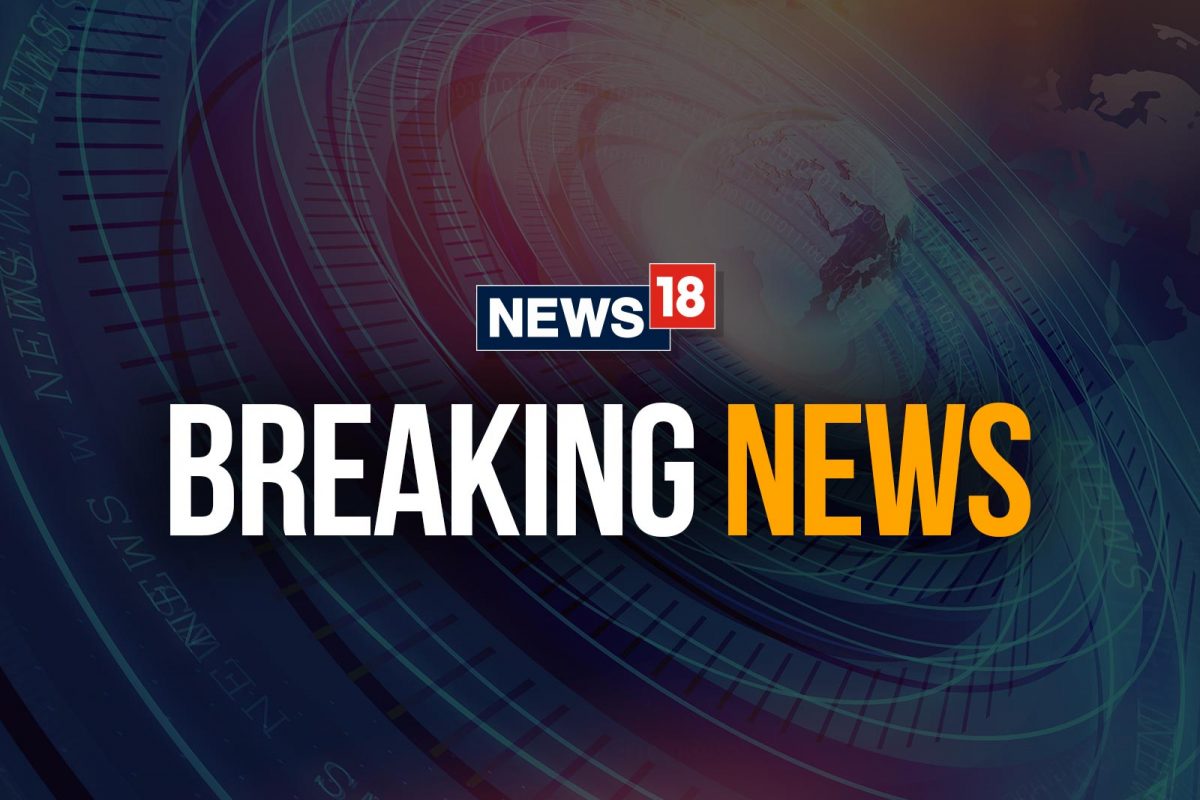

India has reacted to the Dalai Lama's succession plan amidst increasing tensions with China over the issue. The Dalai Lama, the spiritual leader of Tibetan Buddhism, has asserted his right to determine his successor, a move that has been welcomed by many of his followers but sharply contested by China.
Dalai Lama's Succession Plan
The Dalai Lama, who will turn 90 on July 6, 2025, has made it clear that the institution of the Dalai Lama will continue after his death. He stated that the responsibility of choosing the next Dalai Lama "will rest exclusively with members of the Gaden Phodrang Trust," a non-profit organization he founded in 2015. The Trust is expected to consult with various heads of Tibetan Buddhist traditions and reliable Dharma Protectors who are linked to the lineage of the Dalai Lamas. In a pre-recorded video message, the Dalai Lama explicitly stated that "no one else has any such authority to interfere in this matter". He has also indicated that his successor would be born outside China.
China's Stance
China, however, insists that it has the sole authority to approve the next Dalai Lama, viewing it as a legacy from imperial times. Chinese officials plan to draw names of possible reincarnations from an urn, an imperial tradition dating back to 1793. In 2007, China passed a law stipulating that the selection of the next Dalai Lama must occur within Chinese territory. This stance has been condemned by the Tibetan government-in-exile as an attempt to repress Tibetans and an affront to religious freedom. Chinese Foreign Ministry spokesperson Mao Ning stated that "the reincarnation of the Dalai Lama must adhere to the principles of domestic search in China" and "approval by the central government".
India's Response
India has taken a clear position backing the Dalai Lama's authority to decide on his successor. Kiren Rijiju, India's Minister of Parliamentary and Minority Affairs, stated that "no one has the right to interfere or decide who the successor of His Holiness the Dalai Lama will be," emphasizing that only the Dalai Lama or his institution has the authority to make that decision. Rijiju, a practicing Buddhist, along with Rajiv Ranjan Singh, another Union minister, are representing the Indian government at the Dalai Lama's 90th birthday celebrations in Dharamshala on July 6. He also clarified that the birthday event is a religious function and not related to politics.
Geopolitical Implications
This issue is politically sensitive, given the long-standing tensions between India and China and the Dalai Lama's presence in India since fleeing Tibet in 1959. The Dalai Lama has lived in exile in Dharamshala, advocating for greater autonomy for the Tibetan people. The selection of the next Dalai Lama is crucial for the cultural and religious identity of Tibetans, both in Tibet and in exile. Many fear that China will attempt to install a "fake" Dalai Lama to exert control over Tibet. There is already a precedent for this, as the 11th Panchen Lama, another high-ranking spiritual authority, disappeared after being recognized by the Dalai Lama, and Beijing appointed another boy in his place. China has warned India against interfering in its internal affairs and cautioned it to "act cautiously" on Tibet-related issues to avoid impacting bilateral relations. The stage is set for a contentious battle between the rival succession plans.